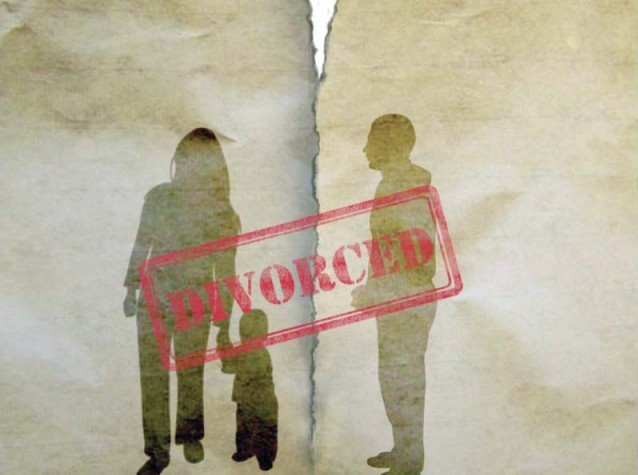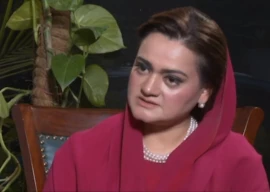
Justice Shahid Bilal Hassan was hearing a case wherein a woman had challenged the procedure under which a divorce registration certificate had been issued to her by the chairperson of the reconciliation committee of a union council.
The court said the husband in such a case should send a power of attorney to his lawyer. The power of attorney should be attested from the Pakistani embassy or consulate in the country where he is residing. The lawyer after receiving the power of attorney should proceed according to law.
The proceedings of overseas divorce in Pakistan are conducted in arbitration council. Minimum 90-day proceedings should be pursued by the lawyer in the arbitration council. After the proceedings of overseas divorce in Pakistan, a divorce certificate should be issued by NADRA through the arbitration council that will be considered as the only proof of divorce.
Over 317 couples break free in courts this month
Petitioner Asma Bibi contended that she had contracted marriage with Imdadullah who was residing in the United States. She alleged that her husband on the instigation of his brother Hamadullah prepared a forged divorce deed and sent her back to Pakistan.
The petitioner said the divorce deed was not in the knowledge of herself and her daughter, and was intimated to them four months after returning to Pakistan. When she enquired from the union council concerned, she was informed that the divorce had been confirmed ex parte, allegedly in connivance with the chairperson of the UC reconciliation committee and Hamadullah without issuing any notice to the petitioner or her family.
After that her husband issued a document in favour his brother as an arbitrator in the matter on November 20, 2013. The petitioner alleged that her husband through his brother wrote a divorce deed on a blank paper on August 1, 2018, without affixing his thumb impression or signature. She alleged that Hamad affixed his thumb impression and signature upon the document.
On the basis of the deed, the respondent UC reconciliation committee chairperson issued a notice of divorce through Hamad and then through respondent Chairman Reconciliation Committee Union Council in Pakistan on August 1, 2018 on the same date that on October 1, 2018 the respondent Chairman again issued a notice for November 1, 2018 in the name of the petitioner.
On November 14, 2018, the chairperson passed an ex parte order for confirmation of divorce to the petitioner on behalf of the husband, through his brother, without showing his presence. The secretary of the union council issued the divorce registration certificate on January 21 last year.
The constitutional petition had challenged divorce registration certificate and the order of its confirmation.
The court declared that it is an admitted fact that Imdad is permanently residing in the US, so any affidavit, divorce deed or authority or arbitration letter rendered and executed by him in favour of Hamad must have been attested by the Consulate of Pakistan.
Woman seeks divorce over husband’s ‘extreme love and affection’
The record shows that such a procedure has not been adopted and the affidavit allegedly executed by Imdad Ullah on April 1, 2019 is on a simple paper and seems to be a fax copy, without being attested by the consulate. Same is the position in case of the Talaq Nama, which is on simple paper without any date, thus the documents could not be relied upon.
Moreover, all the proceedings were joined by Hamad who was not a duly authorised person, because if a husband is a Pakistani national, he can divorce in Pakistan by following the procedure.
Even if the husband or both the husband and wife are not Pakistani nationals, they can get divorce in Pakistan provided that the marriage is registered in Pakistan by adopting the procedure, the court said.
The court set aside the impugned divorce registration certificate and order of confirmation since the process provided under the law had been bypassed.
Published in The Express Tribune, March 15th, 2020.










1732012115-0/Untitled-design-(14)1732012115-0-270x192.webp)






COMMENTS
Comments are moderated and generally will be posted if they are on-topic and not abusive.
For more information, please see our Comments FAQ